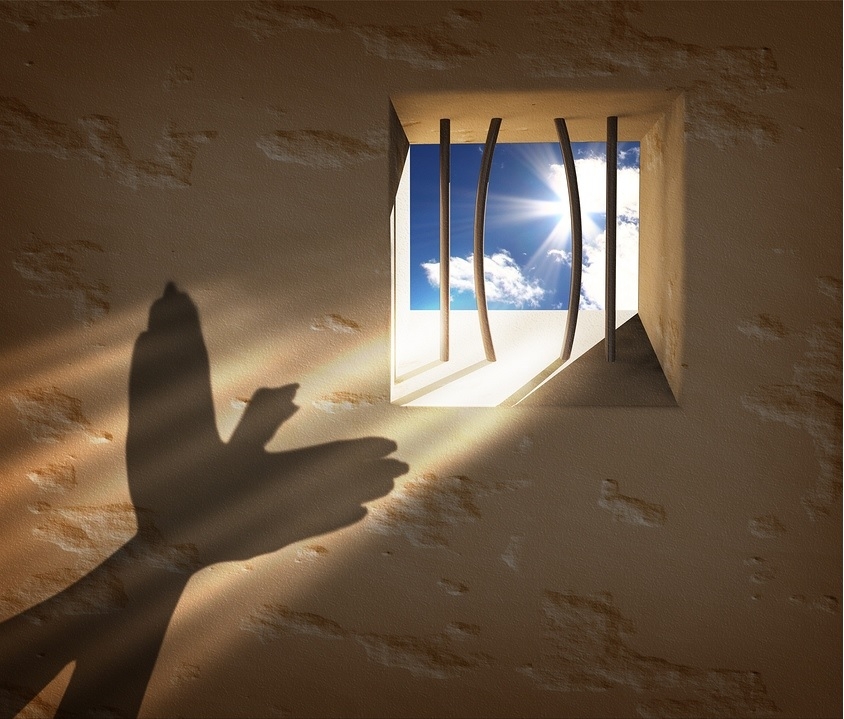Psychology Of Freedom-II
| Date :29-Aug-2020 |

By Vijay phanshikar
The recent events have shown a massive improvement in the overall psychology and sociology of freedom. ... India should have attained this condition right on August 15, 1947 when it woke to freedom at the stroke of the midnight hour.
l “The BJP Government can never abrogate Article 370 of the Constitution in Kashmir. If that happens, there will be terrible storm in the State ...
“... the abrogation will pave the way for Kashmir’s Azadi from India ...”
- National Conference leader
Mr. Farooq Abdullah
l “Nobody has the courage to hurt our religious feelings. Nobody can cancel instant triple talaq. That is the matter of our religion,. Hell will break loose if that happens ...”
- A statement by Muslim clergy
SUCH statements often filled the Indian mindscape, as if suggesting that the country had no freedom to make the right decisions. The nation’s psychology, thus, was afflicted by threats of terrible storms, horrible backlash, political catastrophe, dire consequences that the people in power will never want to have. The Indian nation, thus, was a victim of a slavish psychology from whose vile grip it could not free itself. India’s collective psychology, thus, was caparisoned by words such as (pseudo) secularism, (pseudo) socialism, (pseudo) liberalism, (pseudo) left-of-the-centre ideology etc etc. Inside, it cried for freedom from that modern dogma, but did not know how to achieve that.
In the past seven years, however, a slow but sure change came over. Those so-called inviolable tenets clad under democratic terminology started getting challenged effectively on social and political fronts.
In fact, that work had already been going on for decades -- in a silent, patient manner, winning hearts of the common Indian people, creating an unobtrusive popular support base for the liberating ideas that dared the modern dogma that dominated the general Indian mindscape conspiratorially used by vested interests to keep their grip on power and its machinations. Thanks to those efforts, things had begun looking different.
And then came the political thrust with popular support to effect change that the Indian psychology was eagerly waiting for. Articles 370 and 35A were abrogated in Kashmir through a fully legitimate, parliamentary process that had all constitutional sanctions. The unfortunate practice of instant triple talaq, too, was done away with through a similarly constitutional process whose legality could not be challenged. Similar, constitutionally-sanctioned, legally protected process was used to bring into effect certain legislations that gave India a greater freedom to manage its internal affairs such as handling of the issue of legitimate asylum-seekers and the problem of illegal foreign entrants who never went back.
There were protests and violence to oppose those legislations, but had no truly popular support. And that fact -- of absence of popular support to irrational protests -- was one more mark of India’s changing psychology of freedom.
These few events, among many others, proved that the larger Indian society looked for genuine expression of freedom through liberating thought and action. They also proved that the Indian people were genuinely tired of the democratic dogma the pseudo-seculars, the pseudo-liberals, and pseudo-intellectuals heaped their backs bent down with artificial problems created by vested interests to keep themselves eternally in power.
In the last seven years,however, the desired change came through the dually welcome process of revolution and evolution altering all definitions, giving the Indian society new norms that were until then an anathema in the country. That change, thus, established firmly the new trends in collective social-psychology -- endorsing and reiterating and legitimising the larger society’s craving for genuine freedom that purveyors of fake-democracy had tried to curb for decades. The thrust of that craving became unstoppable.
What the larger Indian society is witnessing today is the actual effect of the freedom as a practical and practicable idea in which modern dogma has been rendered ineffective and terribly out-of-fashion and out-of-date!
In one of his iconic Geetanjali poems, Gurudev Rabindra Nath Tagore had painted famously a utopia long, long ago, in effect:
Where the mind is without fear and the head is held high;
Where knowledge is free;
Where the world has not been broken up into fragments by narrow domestic walls;
Where words come out from the depth of truth;
Where tireless striving stretches its arms towards perfection;
Where the clear stream of reason has not lost its way into the dreary desert sand of dead habit;
Where the mind is led forward by thee into ever-widening thought and action
Into that heaven of freedom, my Father, let my country awake.
The poem talks of both, spirituality and psychology of freedom. Having fought back the dogma of India’s modern democracy, the larger society is now beginning to bask in the warmth of the freedom so endearingly pained for all of us by Gurudev Tagore.
Of course, this is only a beginning, and the Indian society has to achieve higher goals of freedom so that each one of us flourishes with mind that is devoid of fear and is free to acquire true knowledge untainted by fake ideology. Much distance, thus, is to be covered before we can claim ourselves to be a truly free society.
The recent events in the past seven years have shown a massive improvement in the overall psychology and sociology of freedom. It is this positive change that the world is looking at with a sense of wonderment and appreciation. India should have attained this condition right on August 15, 1947 when it woke to freedom at the stroke of the midnight hour.